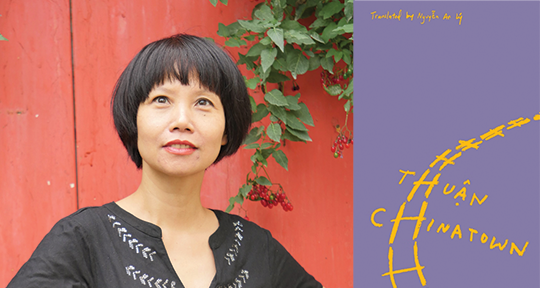In this week of world literature, our editors cover the influence of censorship and propaganda on literature, and look back on Southeast Asian literature released this year.
Alton Melvar M Dapanas, Editor-at-Large, reporting from Southeast Asia
What a year in Southeast Asian literature! The Philippines, Vietnam, and Thailand took center stage in Penguin Random House Southeast Asia (SEA)’s catalogues, with a range of texts published throughout the year. First off in March was Bleeding Sun by playwright-novelist Rogelio R. Sicat, translated by one of Sicat’s children, the translator and editor Ma. Aurora L. Sicat, from the original Dugo sa Bukang-Liwayway, which was serialised beginning 1965. Sicat, who came of age in the aftermath of the American Occupation, wrote novels which further revealed his belief in land reform and love for Tagalog as a literary language, veering away from his contemporaries who were influenced by Euro-American conventions.



